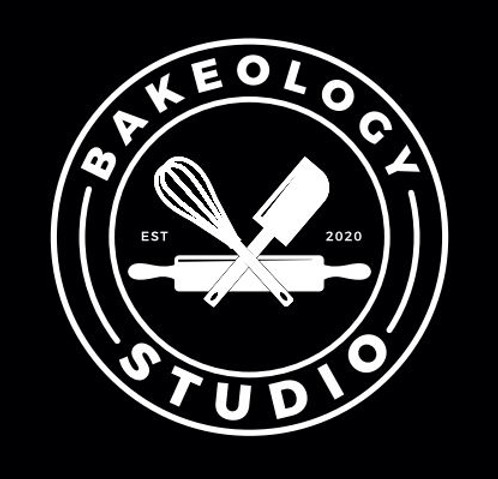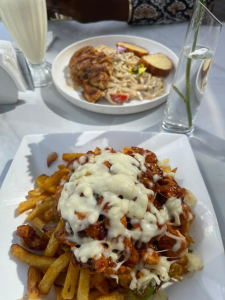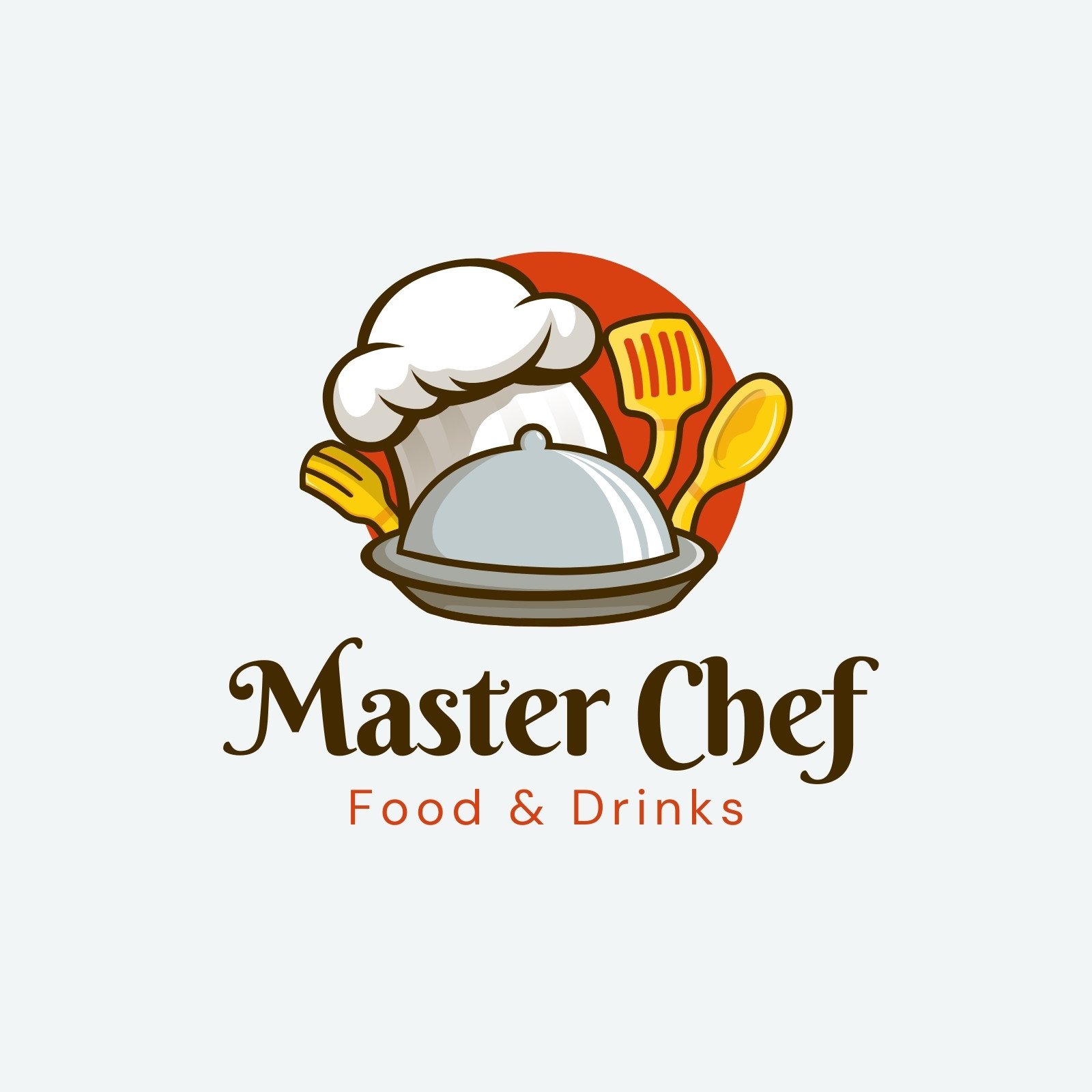
The Pastry and Bakery Course is designed to equip learners with comprehensive knowledge and practical skills in the art and science of baking and pastry making. This course blends theoretical understanding with hands-on experience to prepare learners for roles in commercial bakeries, pastry shops, hotels, and catering establishments.
Learners will explore a variety of baked goods, including breads, cakes, cookies, tarts, and specialty desserts. The course emphasizes techniques such as dough preparation, proofing, mixing methods, decorating, and plating, as well as food safety, hygiene, and proper use of baking tools and equipment.
By the end of the course, participants will be able to confidently produce high-quality baked products, understand the role of ingredients in baking chemistry, and demonstrate creativity and precision in pastry and bakery presentation.
---
Key Topics Covered
Introduction to Baking and Pastry Arts
Types of Flours, Leavening Agents, and Ingredients
Bread Making: Yeast Breads and Quick Breads
Cakes and Cookies: Preparation and Decoration
Pastries: Puff, Choux, Shortcrust, and Danish
Tarts, Pies, and Specialty Desserts
Artisan Baking Techniques
Food Safety and Hygiene in Bakery Operations
Baking Equipment and Tool Usage
Costing, Portion Control, and Product Presentation
---
Target Audience
Aspiring bakers, pastry chefs, culinary students, or anyone interested in developing foundational to intermediate skills in baking and pastry production.
---
Course Duration
Typically ranges from 4 to 12 weeks, depending on the level and delivery format (short course, certificate program, or part of a diploma).
- Teacher: Esther Keresi
- Teacher: Odel Trainer

